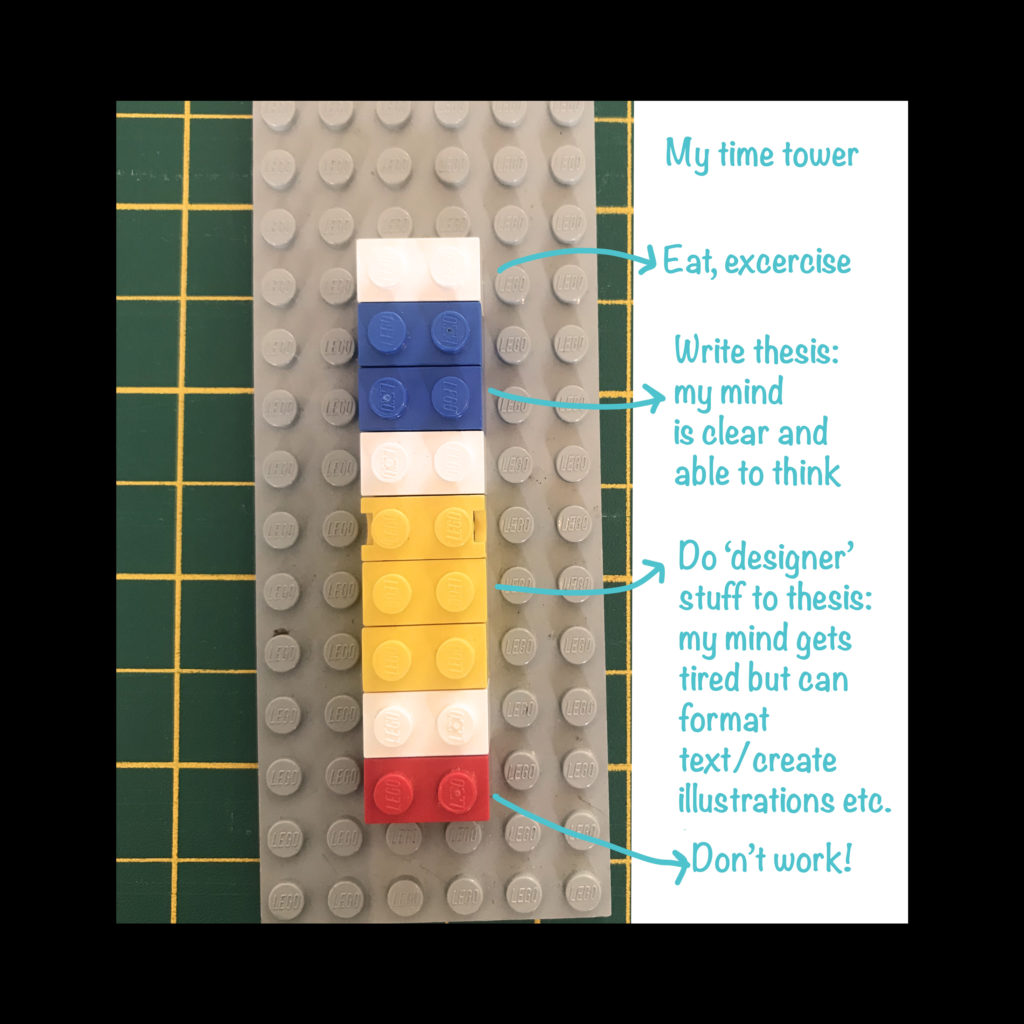Week 7 of Baseline shift presented an important session for all students.
It was led by Gerry Leonidas and Rachel Warner who spoke to the students about managing their time and work! It is one of the most essential techniques for all students to know and use. Both Rachel and Gerry shared their own experience with time management, as well as some of the methods they use to manage their time. They also presented the students with some tips and tricks that could be used to balance time, and what should be avoided.
In short, time management is the ability to balance time between being working and taking breaks within the working day. This allows for relaxation and recharges the mind.

Leaving work until the last minute
The fundamental thing to avoid is procrastination (example below) – leaving things until the last minute and over stressing about not doing them them will definitely not help. It is a very common thing that happens to students (especially ones who do not have enough experience with time management) and it is very difficult to deal with, but once you have your time under control, you will be the ruler of your own hours, minutes and seconds! Nothing feels better than completing work on time.

Too much work?
Stay calm, and don’t panic. We all have our own ideas of busy schedules, but a plan to manage all the tasks is vital. Good time management skills help us prioritise tasks effectively, so we need to find a way that suits us – there is no one size that fits all, there are numerous ways of managing your own schedule, you just need to find the one that suits you! See @instachaaz for more time management pictures.

What’s the solution to procrastination?
Enter the tasks, work and deadlines you need to complete throughout the week on your calendar, this will put your mind at rest.
Use a different colour and name for each subject so you can follow your plan quickly and easily. Remember, good time management skills and planning your schedule will help keep you on track and reduce stress as you take on more work.

Multitasking
Make a list of the usual tasks you do, either working directly towards larger goals (like reading up for an essay), or just generally useful stuff (like flipping through design blogs). By getting them onto your schedule you legitimise them and give them a time slot. One of the most essential points made by our lecturers in the session, is working on one thing at a time. It might seem like you’re doing more by multitasking, but splitting your attention between more than one task isn’t an effective way to learn. You should focus on one task at a time, giving it your full attention. Focusing on one piece of work at a time will help you complete your checklist more efficiently and effectively!
‘It’s important to give yourself a break!’
Taking short breaks is a good way to give your brain a boost to recharge so you can come back more focused and ready to do more of your work.
Gerry and Rachel set a task for the students in the session and shared a calendar where one can put their tasks and deadlines for the upcoming four weeks but also think about or ‘brain dump’ all of the daily, expected or unexpected tasks mentioned below.

Reflection
Managing time is a common issue among students, therefore no one is alone in this. A successful student would plan and jot down their tasks and deadlines in their calendar so as to not block their mind with everything they have to do but rather plan in advance and stick to a calendar – as suggested in the talk. One of the key pieces of advice Gerry and Rachel gave the students was to not leave assignments until the day before they are due/ last minute – schedule time to start working on them well before they are due so you are not stressed and scrambling to meet the deadlines.
Here are some useful resources for your time management:
- Making weekly and termly plans
- Managing your time
- Dealing with perfectionism
- Studying in a blended learning environment
Students’ thoughts
‘The honesty and humanity shown to us by our lecturers, admitting to the basic human errors they also fall into. It made me feel like I was understood and am not in the boat by myself.’ – Part 1 student
‘The session was very helpful! the tutors were realistic about setting time for relaxation, being aware of the unexpected things that might come up and affect your calendar, and the need to have a flexible schedule in case these things happen. I learnt from the advice and comments made by others in the session, which made me know that others are struggling in this, it was supportive.’ – Part 2 student

